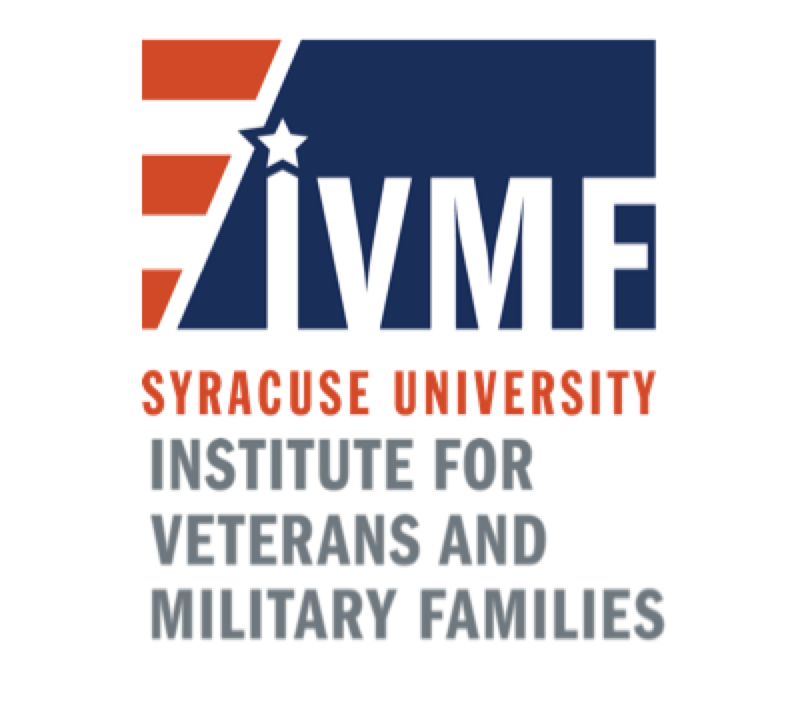From the perspective of military families, there are more questions than answers when it comes to life after the military.
What will my pension look like? Will I get a job? What will the VA look like?
The idea of a central National Veterans Strategy (NVS) can give military families more confidence that the veterans’ assistance waiting for them might be more simplified, more integrated, and just plain better. The Institute for Veterans and Military Families (IVMF) was awarded nearly a quarter of a million dollars to figure out what a NVS looks like and if it could work.
In theory the NVS gives the current VA overhaul more direction and, by eliminating duplication, the opportunity to further streamline veteran support. Most military families would like to have less red tape and less waste of taxpayer dollars through duplication – for example, the VA, DoL, and DoD all have veteran employment programs. Maybe, one effective program might be a good idea?
Veterans Affairs Secretary Shulkin just said in May, “What I think the wait time showed us is that VA can’t do this alone.” This means a NVS also includes private and public partners, and not just aligning government veteran support of all departments.
Yes, there’s a great deal of focus on the future of the Veterans Administration (VA), but the bigger opportunity may be in a centralized strategy of how the entire federal government coordinates national veterans programs and policies. The NVS could improve timeliness and quality of services which include benefits, employment, education, healthcare, and small business.
The support for this NVS research comes from separate grants from the New York State Health Foundation (NYSHealth) and IBM Center for the Business of Government. The IVMF research and evaluation division will use the grant to study strategies and approaches to reinvent traditional federal and state government policies, programs and coordination of services among agencies to fundamentally improve support of veterans and their families.
“Serving veterans is not the VA’s responsibility alone,” says Nick Armstrong, Ph.D., IVMF Senior Director of Research and Evaluation, and lead investigator. “Our nation’s support system for veterans is really a patchwork network of government, private and nonprofit programs and services—delivered at the ground-level, in communities across the country. These new projects have the potential to significantly alter and enhance how that system works.”
This new research builds from work done nearly four years ago—by the IVMF—making the case for a government-wide national veterans’ strategy that helps align joint efforts across government, private, philanthropic, and non-profit organizations nationally. The work seeks to inform the Trump Administration, federal agency leadership, and other key public and private sectors stakeholders on how to achieve greater unity of effort in veterans’ policy and planning nationwide.

